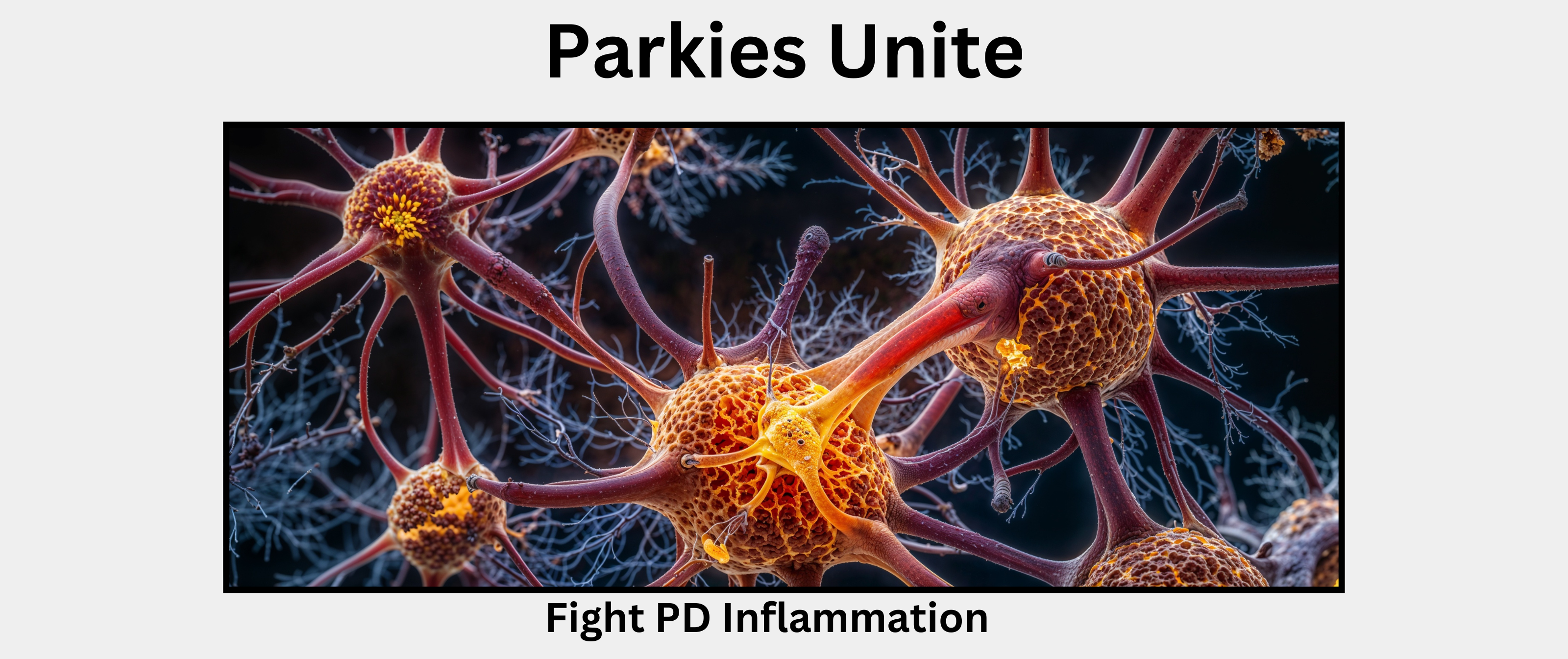Parkinson’s and Chronic Inflammation

Chronic inflammation significantly contributes to Parkinson’s disease (PD) progression, highlighting the importance of comprehending this process to develop effective treatments and enhance patient outcomes. Central to this process is the activation of microglia, the brain’s resident immune cells. Normally, microglia perform vital maintenance tasks, but in Parkinson’s disease, these cells become chronically activated, releasing inflammatory substances known as cytokines. Prominent among these cytokines are tumor necrosis factor-alpha (TNF-α) and interleukin-1 beta (IL-1β), which cause neuroinflammation and subsequent neuronal damage.
Impact on Dopamine-Producing Neurons
The ongoing neuroinflammation accelerates the deterioration of dopamine-producing neurons in the substantia nigra, a brain region essential for motor function. As a result, individuals with Parkinson’s experience hallmark symptoms such as tremors, rigidity, bradykinesia (slow movements), and difficulties with balance. These symptoms profoundly impact daily life, limiting mobility, increasing fall risks, and complicating everyday tasks like eating, dressing, and walking.
Role of Alpha-Synuclein
Alpha-synuclein is a protein intrinsically linked to Parkinson’s pathology. Typically present in a soluble state within healthy neurons, alpha-synuclein is involved in synaptic functions and neurotransmitter release. However, chronic inflammation in Parkinson’s disease promotes the abnormal aggregation and propagation of alpha-synuclein, forming toxic clusters known as Lewy bodies. These aggregates exacerbate neuronal injury and inflammation, further perpetuating a damaging cycle that hastens disease progression.
Research and Therapeutic Approaches
Current research is actively investigating anti-inflammatory therapies aimed at mitigating the inflammatory cascade, targeting specific cytokines, or modulating microglial activation to slow down disease advancement. Additionally, advancements in early detection, notably through machine learning technologies, offer the potential for improved inflammation management and substantially better patient outcomes.
AI-generated medical infographics on Parkinson’s symptoms, treatment advances, and research findings; I hope you found this blog post informative and interesting. www.parkiesunite.com by Parkie
SEO Keywords: Parkinson’s inflammation, microglial activation, dopamine neurons, alpha-synuclein, Lewy bodies
Generative AI Image Prompt:
“A photo-realistic illustration depicting an activated microglia cell releasing inflammatory cytokines such as TNF-α and IL-1β, with Lewy bodies visible in neurons of the substantia nigra region, clearly demonstrating chronic neuroinflammation linked to Parkinson’s disease.”
Taglines:
- Fight PD Inflammation
- Protect Brain Health
- Early Intervention Key
negative prompt: Malformed limbs, extra limbs, mutated hands, disfigured face, bad anatomy, malformed hands, Text, lettering, captions, generating images with text overlays